
What’s the Big Deal About CRISPR?
What is it?
From yogurt to crops to medicine, this Nobel-winning technology is packed with promise.
Bacteria, which survive in all kinds of harsh environments, use CRISPR-Cas as an immune system to fight off viruses.
CRISPR technology allows researchers to make changes in sections of DNA. Cas9 is an enzyme that works like a pair of molecular scissors.
How does it work?
 Targets
Targets
Seeks out a pattern or sequence in the DNA of a cell
 Binds and Unwinds
Binds and Unwinds
Attaches to a section of the DNA structure, which resembles a twisted ladder, and unwinds it.
 Cleaves
Cleaves
Cuts the DNA strands on both sides
 Triggers
Triggers
Making cuts in DNA causes enzymes in the cell to repair the breaks
What’s the NC State connection?
NC State food science professor and alumnus Rodolphe Barrangou is an internationally known CRISPR expert.
Barrangou played a key role in confirming how CRISPRs regulate immunity in bacteria. He was part of an industry team that demonstrated the original function of the repeating genetic sequences used in CRISPR technology.
His research team in the Department of Food, Bioprocessing and Nutrition Sciences continues to unravel the mysteries of CRISPR in bacteria. The goal is finding ways to improve the quality of dairy foods and to develop better probiotics for human health.
A member of the National Academy of Sciences, Barrangou holds numerous patents, has co-founded multiple startup companies and serves as editor-in-chief of The CRISPR Journal.
What could CRISPR do for us?
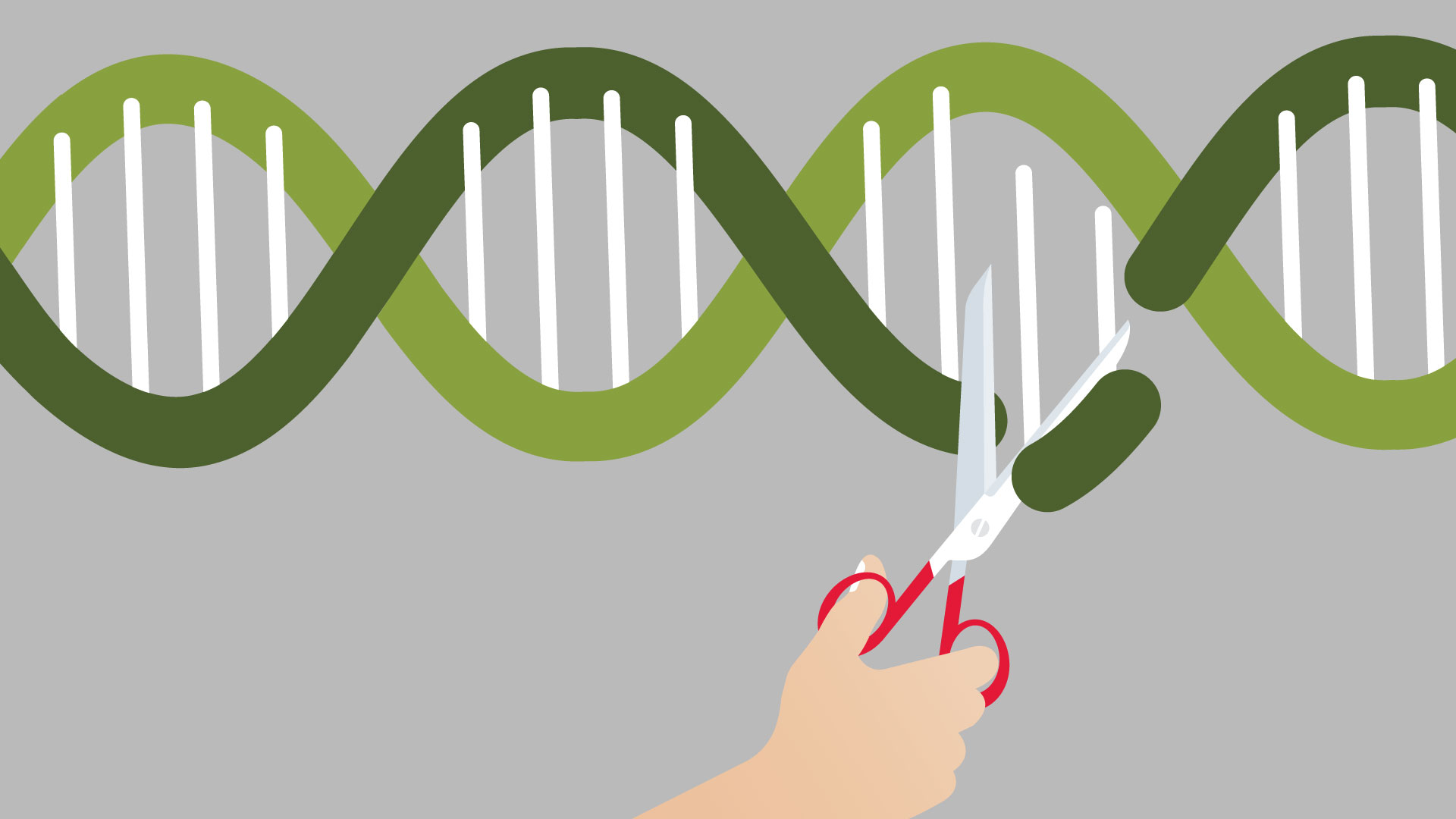
Provide new treatments for genetic diseases.
In December 2020, researchers reported the first successful use of CRISPR-Cas9 genome editing to treat patients with sickle-cell anemia.
Make crops more nutritious and resilient.
For farmers and consumers, CRISPR could help give crops better nutritional qualities and more resistance to pests, drought and other challenging conditions.
Help dairy experts improve yogurt and fermented foods.
NC State researchers are using CRISPR to make foods like yogurt and cheese better and healthier. It can be used in starter cultures or in probiotic foods.
Rodolphe Barrangou says CRISPR is widely used in processed dairy foods. If you’ve had a bite of cheese, yogurt or another commercially produced dairy product, you’ve eaten a CRISPR-enhanced food.
CATEGORIES: Newswire, Spring 2021


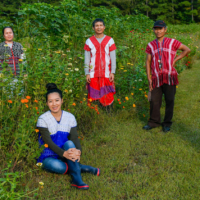


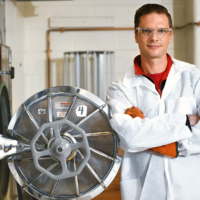
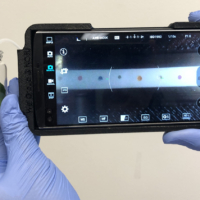

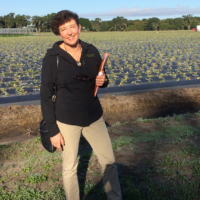
View Comments 0